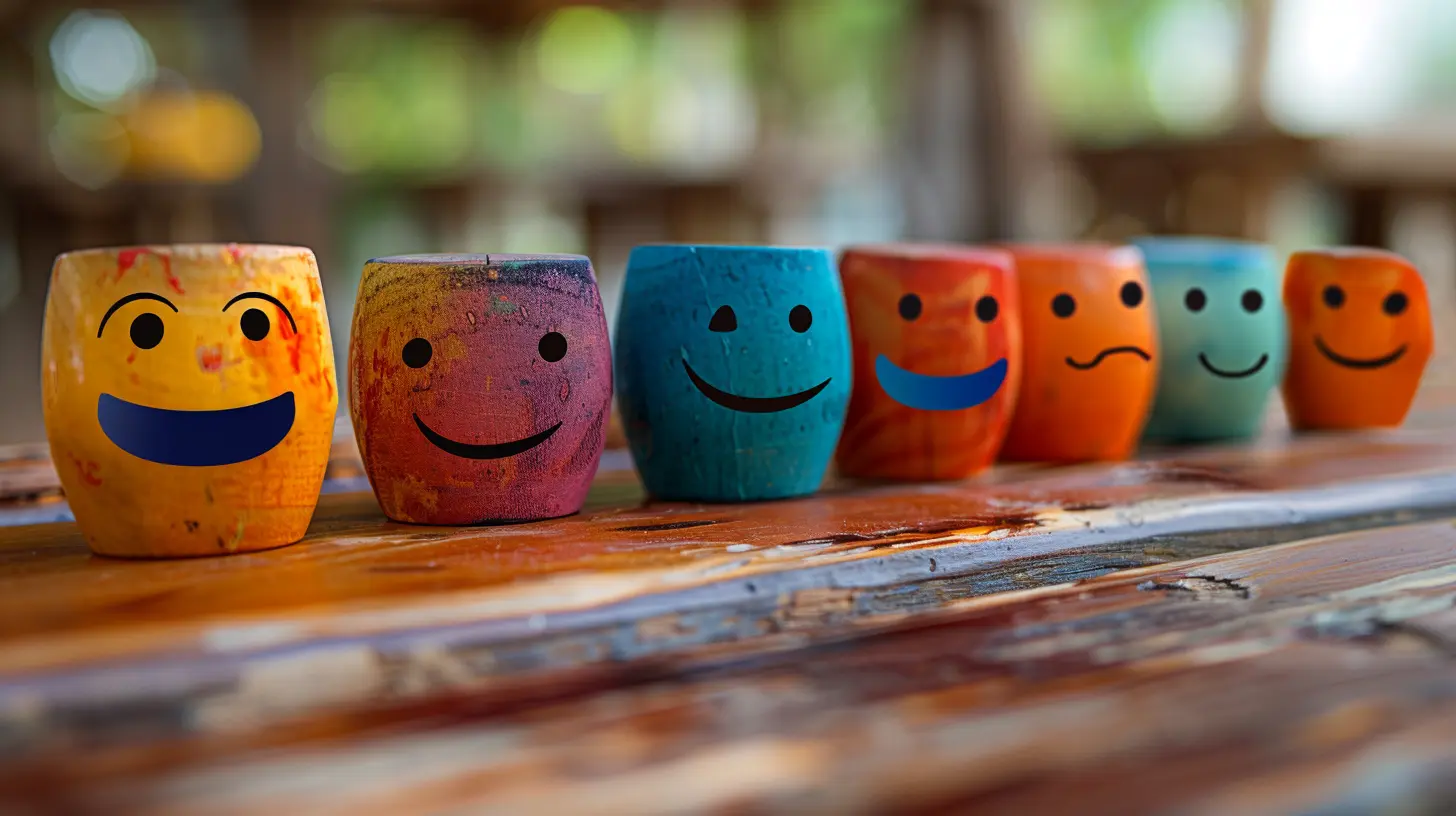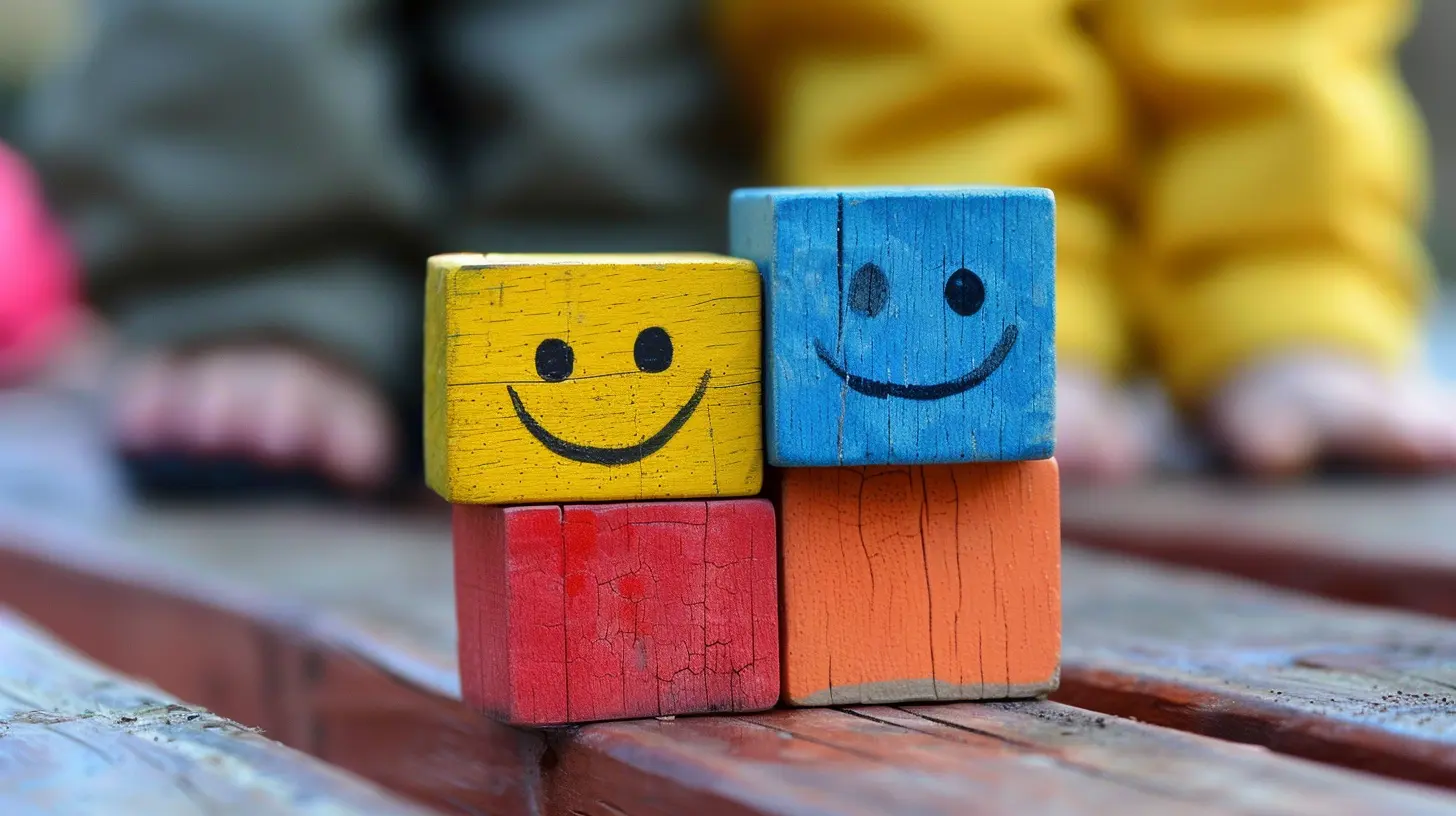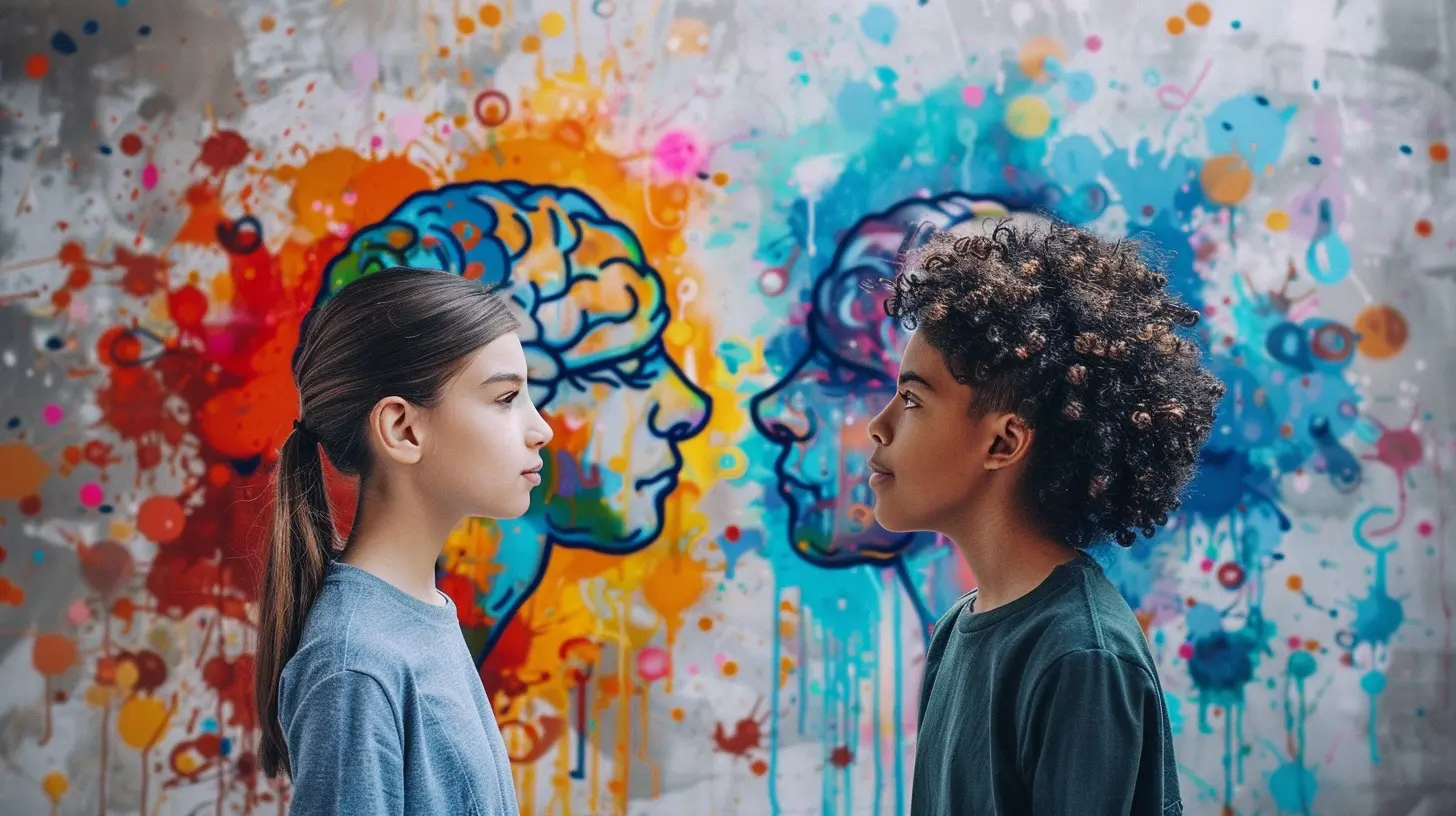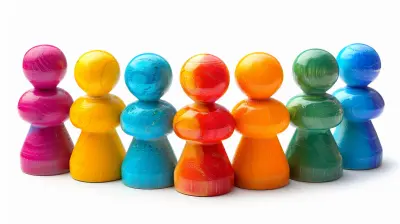"Social-Emotional Learning: Why It Matters More Than Ever
8 May 2025
Ever felt like life should come with an instruction manual? Well, imagine if schools actually taught kids how to understand emotions, manage stress, and build strong relationships instead of just memorizing the Pythagorean theorem (which, let’s be honest, most of us have never used in real life). That’s where social-emotional learning (SEL) comes in.
Gone are the days when "suck it up" was acceptable emotional advice. In today’s fast-paced, stress-filled world, emotional intelligence is just as crucial as academic smarts. And no, SEL isn’t some fluffy, feel-good trend—it’s scientifically proven to help students succeed both in school and beyond.
So, grab your favorite snack and settle in as we dive into why SEL isn’t just important—it’s absolutely essential.

What is Social-Emotional Learning (SEL)?
Simply put, SEL is the process of understanding and managing emotions, setting and achieving goals, showing empathy, building positive relationships, and making responsible decisions. Basically, it’s everything we wish we had learned in school before stepping into the real world of unpaid internships, awkward conversations, and figuring out how taxes work.The Collaborative for Academic, Social, and Emotional Learning (CASEL) breaks SEL down into five core competencies:
1. Self-Awareness – Recognizing your emotions and how they affect your thoughts and behavior.
2. Self-Management – Learning how to control impulses, manage stress, and stay motivated.
3. Social Awareness – Understanding and respecting others' feelings, even when they make zero sense.
4. Relationship Skills – Making friends, resolving conflicts, and not ghosting people when things get uncomfortable.
5. Responsible Decision-Making – Making smart choices, even when temptation (like binge-watching an entire Netflix series the night before an exam) is strong.
Why SEL is More Important Now Than Ever
Let’s be real: the modern world is no walk in the park. Stress levels are skyrocketing, social media is a double-edged sword, and global events constantly remind us how unpredictable life can be. Here’s why SEL is more crucial than ever:1. Mental Health is a Bigger Concern Than Ever
Did you know that 1 in 5 children experience mental health issues? With anxiety and depression rates climbing, kids need tools to navigate emotions, cope with stress, and build resilience. SEL provides a mental health safety net, teaching students that it’s okay to feel bad sometimes—but more importantly, how to bounce back.2. The Workforce of the Future Demands Emotional Intelligence
Gone are the days when memorizing facts guaranteed a great job. Employers now prioritize soft skills like teamwork, communication, and adaptability—aka everything SEL teaches. So, if today’s students want to thrive in careers that haven’t even been invented yet, they need more than just algebra.3. Social Media Has Changed the Way We Interact
Remember when bullying was limited to the schoolyard? Now, it follows kids home through their screens. SEL helps students navigate social media responsibly, teaching them how to communicate kindly, manage online conflicts, and avoid the dreaded keyboard warrior syndrome.4. Academic Success Isn’t Just About Memorization
Studies show that students who receive SEL instruction perform better academically. Why? Because emotions affect learning. A child who can regulate stress, stay focused, and collaborate with peers is naturally going to do better in school.
The Science Behind SEL: Why It Actually Works
If you're thinking, "This all sounds great, but does it actually work?"—the answer is yes, and science backs it up.A study by CASEL found that students who participated in SEL programs saw an 11% increase in their academic performance. Plus, they showed improved attitudes, better classroom behavior, and lower levels of distress.
Another study by the American Journal of Public Health found that kids with strong social-emotional skills in kindergarten were more likely to graduate high school, earn a college degree, and have a successful career. So, in short, teaching kids SEL today means setting them up for success tomorrow.

How Schools Can Incorporate SEL (Without Making It Boring)
Let’s face it—no kid wants to sit through a lecture about "understanding emotions" if it’s delivered like a PowerPoint presentation from 1998. So, how can schools make SEL engaging and effective?1. Make It Part of Everyday Learning
SEL shouldn’t be a separate “lesson” but something woven into the daily routine. Whether it’s teachers modeling emotional intelligence, morning check-ins, or storytelling that highlights empathy, incorporating SEL naturally makes it more impactful.2. Use Interactive and Fun Activities
Games, role-playing, and storytelling are way more effective than a dull lecture. Think about using activities like:- Emotion Charades – A fun way to practice identifying emotions.
- Conflict Resolution Scenarios – Letting students act out and solve real-life situations.
- Gratitude Journals – Encouraging self-reflection and positivity.
3. Encourage Open Conversations
Giving students a safe space to talk about their emotions normalizes feelings and reduces stigma. Whether it’s a “Feelings Friday” discussion or just encouraging kids to check in with themselves, these small actions go a long way.4. Teach Mindfulness and Stress Management Techniques
Breathing exercises, meditation, and even yoga can help students develop emotional resilience. Plus, they’re great lifelong skills that help with everything from test anxiety to dealing with annoying coworkers as an adult.
SEL at Home: Parents Play a Role Too
Schools can’t do it alone—parents also play a huge role in fostering SEL at home. Here are a few easy ways parents can help:- Model emotional intelligence – Kids learn by watching, so showing them how to handle emotions makes a huge impact.
- Encourage problem-solving – Instead of solving every issue for them, guide them to find their own solutions.
- Validate their feelings – Sometimes, kids just need to hear, “Yeah, that does sound frustrating."
- Teach gratitude and kindness – A simple habit of expressing gratitude can shift a child’s mindset for life.
Conclusion: SEL is a Superpower
At the end of the day, education should be about preparing kids for life—not just tests. SEL equips students with the social and emotional skills they need to handle challenges, build meaningful relationships, and thrive in an uncertain world.So, whether you’re a teacher, parent, or just someone who wishes they had learned SEL earlier in life, one thing is clear: social-emotional learning matters—now more than ever. And who knows? Maybe if more people mastered these skills, we’d all be a little happier, a little kinder, and a lot better at handling life’s curveballs.
all images in this post were generated using AI tools
Category:
Emotional IntelligenceAuthor:

Eva Barker
Discussion
rate this article
5 comments
Yvonne Lane
Social-emotional skills are crucial for thriving today!
May 13, 2025 at 12:33 PM

Eva Barker
Absolutely! Social-emotional skills are essential for navigating today's challenges and building strong relationships.
Trinity Reed
Social-Emotional Learning: the secret sauce in our education salad! 🥗 Let’s sprinkle empathy, stir in resilience, and serve up a platter of happy, well-rounded learners! 🌈✨
May 12, 2025 at 2:34 AM

Eva Barker
Absolutely! Social-Emotional Learning is essential for cultivating empathy and resilience in our students, fostering their overall well-being and success. Let's continue to prioritize it in education! 🌟
Zephyrion Hensley
Social-Emotional Learning: where feelings meet education! It’s like the Avengers of the classroom, helping kids battle their inner villains of anxiety and stress. With SEL, students can learn to navigate emotions better than I navigate a buffet—grabbing too much, feeling overwhelmed, and regretting my life choices later. Let’s nurture those superpowers!
May 11, 2025 at 9:04 PM

Eva Barker
Thank you for the creative analogy! SEL truly empowers students to manage their emotions and thrive, much like superheroes overcoming challenges. It’s essential for fostering resilience and well-being in today’s world!
Cassidy Hayes
Social-Emotional Learning (SEL) is crucial for fostering resilience and empathy in today’s students. As we navigate complex challenges, prioritizing SEL equips learners with the skills they need to thrive both personally and socially.
May 10, 2025 at 4:14 AM

Eva Barker
Thank you for highlighting the importance of SEL! I completely agree that fostering resilience and empathy is essential for navigating today’s challenges.
Henrietta Graham
Social-Emotional Learning (SEL) fosters essential skills like empathy, resilience, and teamwork. In today's challenging environment, SEL equips students to navigate emotions, build relationships, and thrive academically and personally, making it increasingly vital for holistic development.
May 8, 2025 at 4:55 AM

Eva Barker
Thank you for highlighting the importance of SEL! It's crucial for developing well-rounded individuals who can successfully face life's challenges.




